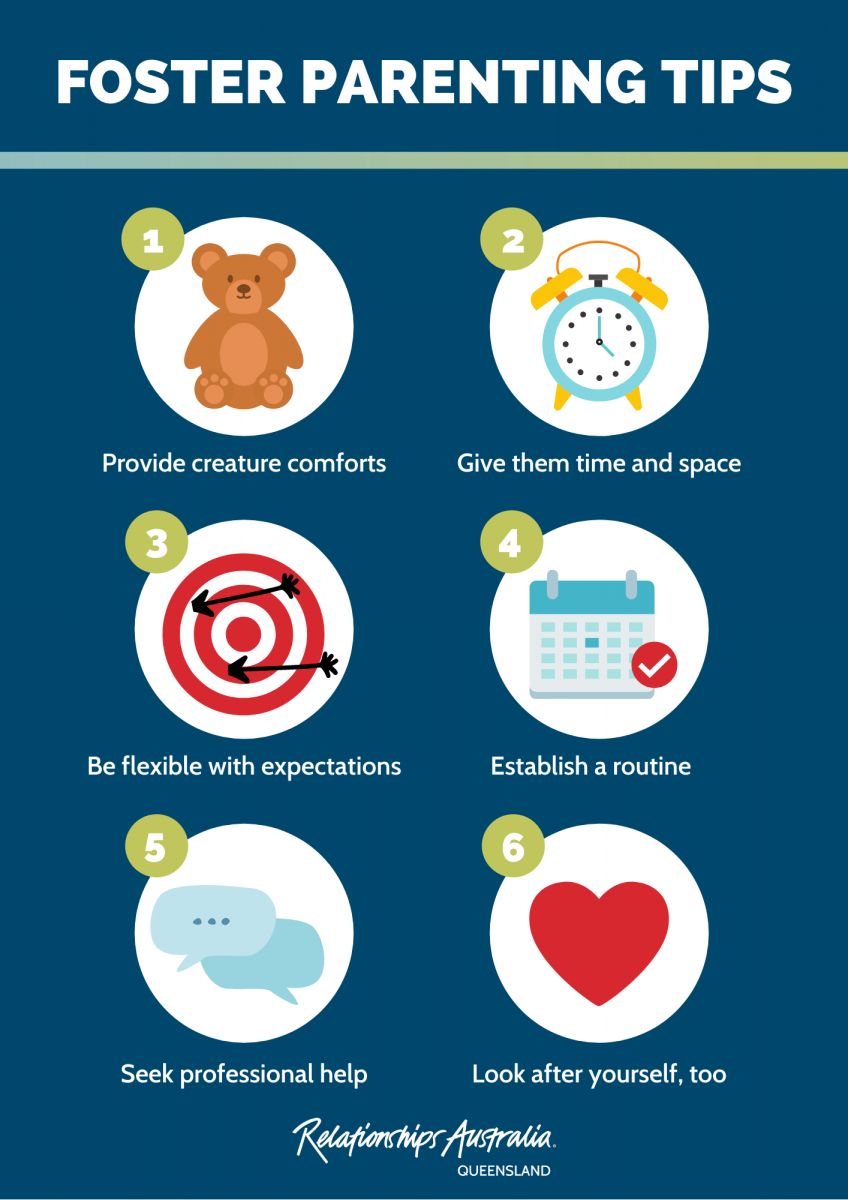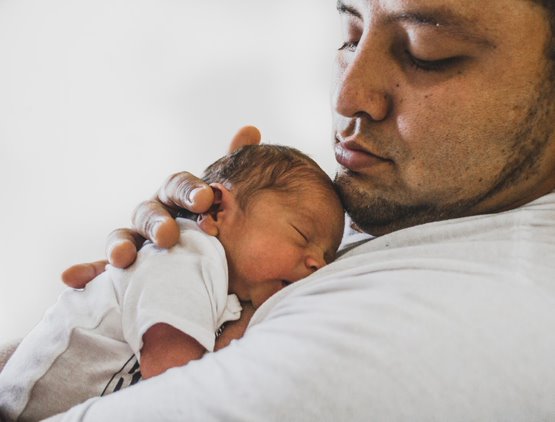How are you keeping your kids entertained these school holidays?
Some days call for hours of Disney+. But there are others where you want to make the most of your time together with child-friendly things to do as a family.
We’ve compiled a list of our favourite things to do with kids to share adventures – big and small – and make memories that last a lifetime.
Nothing against Nemo, but we think these fun family activities will be your kids’ new favourite things to do during the school holidays.
1. Visit your local library
Libraries offer endless new and exciting stories to take home, and little ones will love having their own special library card.
2. Have a family games night
Who doesn’t like Go Fish or Connect Four? Add some friendly competition with prizes like chocolates or extra TV time for the kids.
3. Set up a lemonade stand in your driveway
When life gives you lemons, make lemonade – then sell it to your neighbours for a small profit.
4. Bake cookies or cupcakes together
Sugary baked goods are the stuff of childhood dreams. Have fun with novelty cookie cutters and decorative icing pens.
5. Go on a picnic
Make some sandwiches or grab some takeaway and head to your favourite park or beach to get some fresh air.
6. Visit a farm
Take your kids to pat some baby farm animals and learn where fresh produce comes from. Families Magazine lists some great farms near Brisbane here.
7. Plant a herb or veggie garden
Get your hands dirty and spend a day in the garden planting your favourite herbs and veggies. Imagine how excited your little ones will be when it’s time to harvest!
8. Create collages from old magazines
If no one has opened those magazines on your coffee table for months, why not repurpose them for some arts and crafts? You could cut letters out to spell out your names or make a vision board of your favourite things.
9. Make tie-dye t-shirts
Give an old t-shirt a new look with some funky tie-dye. There are endless tutorials for tie-dying t-shirts, like this one from Parents.
10. Film a family music video
Every budding superstar will jump at the chance to dress up and perform their favourite song. Plus, catching it on film will give you arsenal for their 18th or 21st birthday.
11. Build a fort in the living room
Ah, the quintessential rainy day activity. Living room forts are best enjoyed with lots of cuddly blankets and pillows, and plenty of good snacks.
12. Go fishing
You don’t have to be a family of avid fishermen to enjoy casting a line. A day on the water is always fun, even if you leave empty-handed.
13. Make a mural with chalk
Chalk is a great go-to for affordable family fun. Collaborate on a mural on the driveway or footpath. The best part is, you can hose it off and try again tomorrow.
14. Do a science experiment
Can you remember the first time you witnessed a baking soda and vinegar ‘volcano’ in all its glory? Gift that experience to your kids these school holidays.
15. Visit a national park
You can add an educational element by downloading a plant-identifying app like PlantSnap – it’s like Shazam for plants.
16. Make homemade pizzas
The only thing more fun than eating pizza is making it. Grab your favourite toppings and make an afternoon of it. Extra points for making your own dough!
17. Have a water balloon/water pistol fight
If the weather and the water restrictions permit, a good old-fashioned water fight is a great way to get outside and pass the time on warm days.
18. Fly a kite
Flying a kite is a whole lot of fun – especially if you’ve made your own. Find an open outdoor space on a windy day and get soaring.
19. Make ice cream
No ice-cream machine? No problem. Making your own delicious dessert is easier than you might think. This tutorial shows you how in six easy steps.
20. Go backyard camping
Who says you have to book a campsite to enjoy a night under the stars? Pitch a tent in the yard and prepare all your best ghost stories for some family fun.
21. Paint self-portraits
Move over, stick figures – self-portraits are the new form of art taking over the space on the fridge.
22. Do a LEGO challenge
Maybe NASA needs a new rocket, or perhaps Cinderella is in the market for a new castle. Take turns coming up with fun ideas for builds.
23. Make a playdough family
Ever wondered how you’d look in playdough? Find out how your kids really see you with this fun family activity.
24. Make jewellery
You can buy DIY jewellery kits from your nearest craft or department store, or get creative using pipe cleaners, alfoil, string and uncooked macaroni.
25. Create with clay
Like playdough, but permanent. Make some funky bowls or cute animals out of clay from your local Bunnings or craft store.
26. Go digging for treasure
Hide some chocolate coins in the garden beds (wrapped and sealed, of course), hand your kids some shovels, and enjoy a cuppa.
27. Paint each other’s faces
This is a fun way to express your creativity and test your painting skills – just don’t forget to wash it off before getting the groceries.
28. Make shadow drawings
Toys and household objects can make some interesting shapes. Simply place the item in the sun so it casts a shadow onto paper, then trace.
29. Create nature masks
You don’t have to spend a fortune on craft supplies to make cool masks. Just head into your own backyard and you’re sure to find eye-catching leaves, bark and more to glue onto your paper mask.
30. Make potato prints
Cut a potato in half, carve in some shapes, cover the carved side in paint, and press onto paper.
31. Act out a scene from your favourite movie or book
Everyone has a scene that’s stuck with them for one reason or another. Dress up in your best makeshift costumes and perform it as a family.
32. Learn a magic trick
Kidspot has some great child-friendly magic tricks even kids with short attention spans will love to learn.
33. Create origami
Paper origami is a great indoor activity for kids. Try making traditional cranes or have some fun with cats and dogs.
34. Have a photography competition
Are you living with the next Annie Leibovitz? Give each family member a turn snapping pics on your phone to discover who has the best photography skills.
35. Visit a dog park
Even if you don’t have a dog, you can still have fun watching the pups play. Pick out your favourites together and try to guess what their names are.
36. Do an alphabet scavenger hunt
Can you find an object that starts with every letter of the alphabet in your home?
37. Create a dinosaur city
If your kids have toy dinosaurs, give them a Lost World of their own by making a dinosaur city out of rocks, sticks, dirt, and leaves from the backyard.
38. Make a racetrack through the house
Create an elaborate racetrack for toy cars by placing coloured electrical tape or masking tape on the floor throughout the house. Just be sure to pick the toys up when the fun is done to avoid any bruises.
39. Learn the alphabet in sign language
Some of our favourite things to do with kids involve learning something new. You’ll find plenty of tutorials for the AUSLAN alphabet online.
40. Learn a dance
This is a great way to have fun while tricking your kids into exercise. If your little ones are too young to learn choreography, just play their favourite tunes and have a freestyle boogie instead.
41. Make your family tree
Older kids might be especially interested to learn about their family history by making a family tree with you.
42. Create a family scrapbook
Print off all those photos on your phone and make a scrapbook you can look back at for years to come.
43. Make nail art
Nail art is a fun and creative way to kill time and express yourself. There are endless designs to bring some personality to your manicure, such as spots, hearts, ladybugs, watermelons, and more.
44. Play mini golf
Mini golf or putt putt is a challenging and exciting family activity for all ages. A little incentive goes a long way, so throw in a small prize if you want to make things more interesting.
45. Go on a road trip
Stuck in the house? Take a drive to a town you’ve never visited. Check out the main street, take some photos, and grab some lunch.
46. Make a time capsule
In an airtight box, add some journal entries and personal items that best summarise life right now. Open together in ten years (if you have the self-control to wait).
47. Swap lives
Kids will love dressing up in your clothes and impersonating your role in the house.
48. Go for a bike ride
An oldie but a goodie, bike rides are a great way to get outdoors with the family. Play I Spy while riding if you want to spice things up.
49. Go bowling
Another family favourite for competitive kids, ten-pin bowling is a fun way to spend a couple of hours out and about.
50. See a movie
When all else fails, head to the cinemas.








